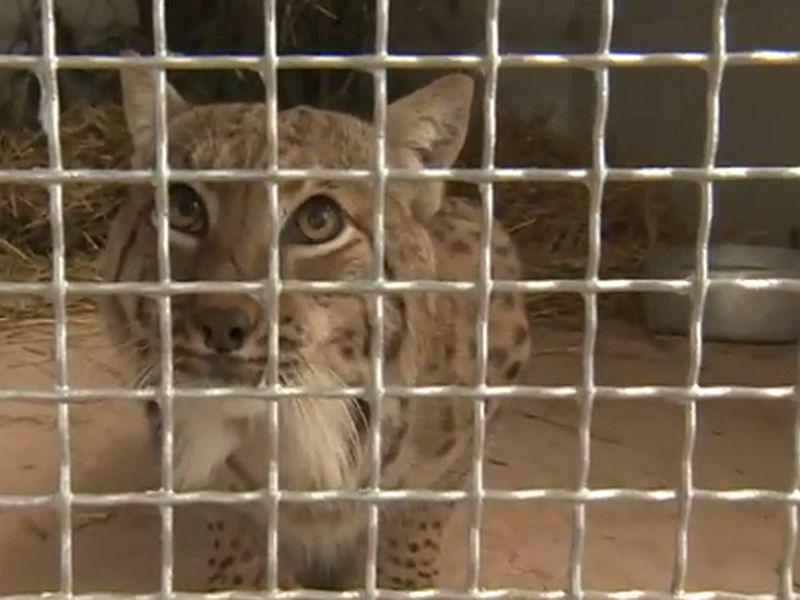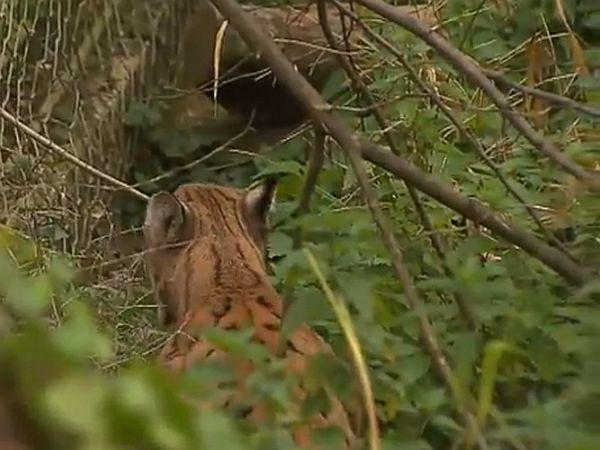
At first we will give them some time to get used to the new space, new animals, new smells, new people. Then we will slowly start training them, which will consequently allow us to move lynx from one space to another.

The animals are adult males, somewhat older, which however should not cause problems. "Lynx living in nature are solitary animals; they don't live in groups. But the fenced space they have at their disposal is large enough to enable each of them to find its own space, and peace," Ana Bordjan from the Ljubljana zoo explained.
Acclimatisation first, training next
It is of course necessary to allow the animals to gradually acclimatise to new environment, and new company. "At first we will give them some time to get used to the new space, new animals, new smells, new people. Then we will slowly start training them, which will consequently allow us to move lynx from one space to another," Bordjan said, and continued: "That's our first goal; in this way we will be able to adequately clean and check all the cages. The second step will be to familiarize them with a signal as an invitation 'come here'. Such a signal will become necessary once they are released into the large fenced area – it will lure them to return into the inner spaces."
Lynx healthy, and in excellent shape
The new lynx survived the transport to Ljubljana without any problems, or heavy stress. "I am extremely satisfied that there were no complications. The animals are obviously very calm, there were subjected to no stressful situations during the transport. They had been trained to enter the cage, and therefore the use of anaesthetics could be avoided," Pavel Kvapil, head of the Veterinary Service of the Ljubljana zoo explained, mentioning that he didn't have much opportunity to perform a clinical check up of the animals, as that would be possible only under anaesthesia. "But their body weight is adequate, approximately 23 kilograms, they seem to be in an excellent shape, and are also very kind."
At first we will give them some time to get used to the new space, new animals, new smells, new people. Then we will slowly start training them, which will consequently allow us to move lynx from one space to another.

































































